Egypt: A Land of Ancient Wonders and Off the Beaten Track Adventures
From the iconic pyramids of Giza to the crystal-clear waters of the Red Sea, Egypt offers a mesmerizing blend of history, natural beauty, and vibrant culture. Whether you are an adventurer, a history enthusiast, or a beach lover, this incredible country has something for everyone.
For those seeking a truly unique experience, our off-the-beaten-track will take you beyond the usual tourist spots. Explore hidden ancient ruins, wander trough remote villages, and immerse yourself in Egypt’s stunning natural landscapes. Along the way, you will have the chance to connect with local communities and experience their rich traditions firsthand. Contact us today and start planning your dream Egyptian adventure!

Egypt
Name: Egypt
Capital: Cairo
Population: 115 million
Surface area: 1,010,408 km²
Language: Arabic
Neighbouring countries: Libya, Sudan, Israel
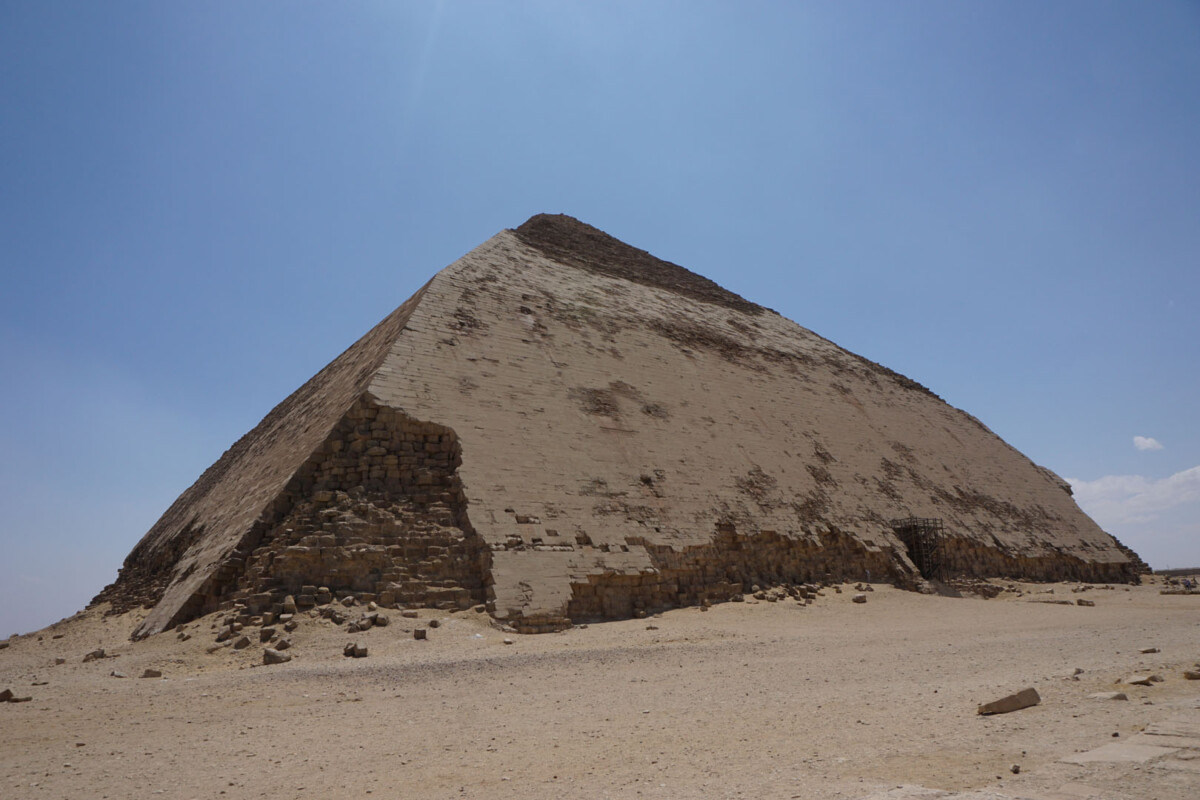
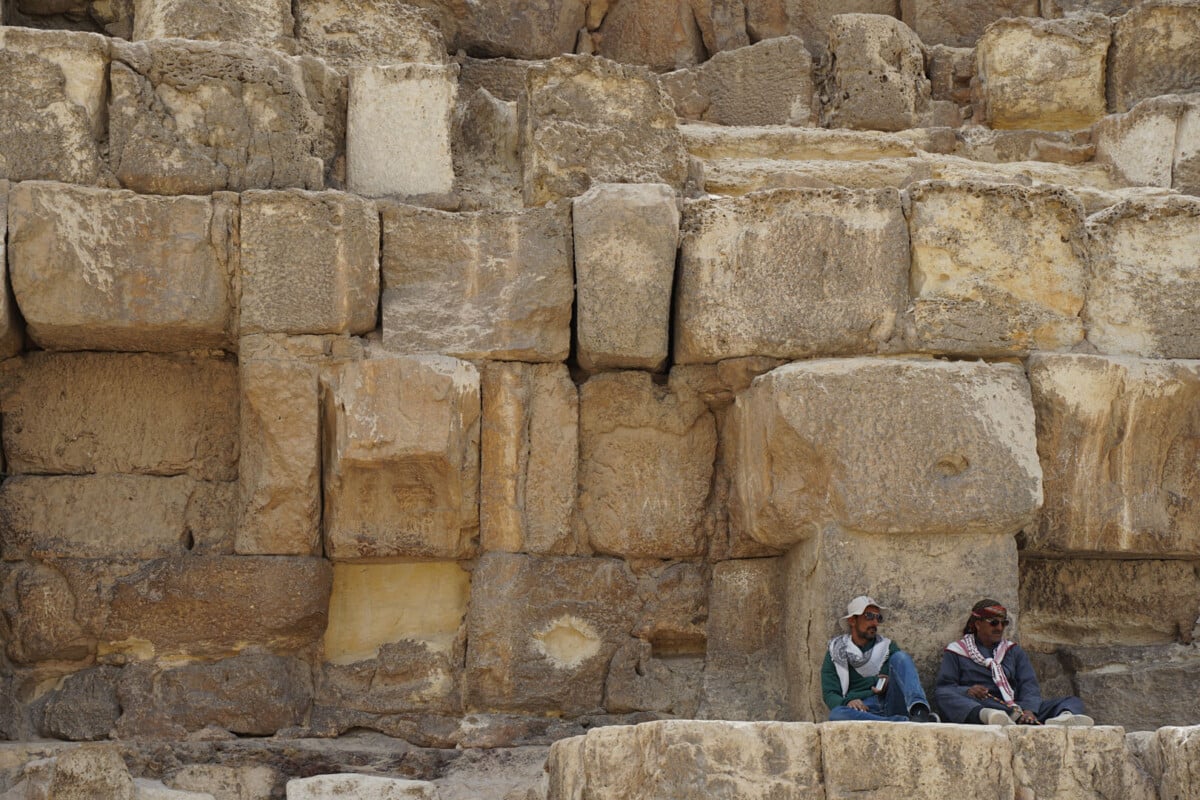
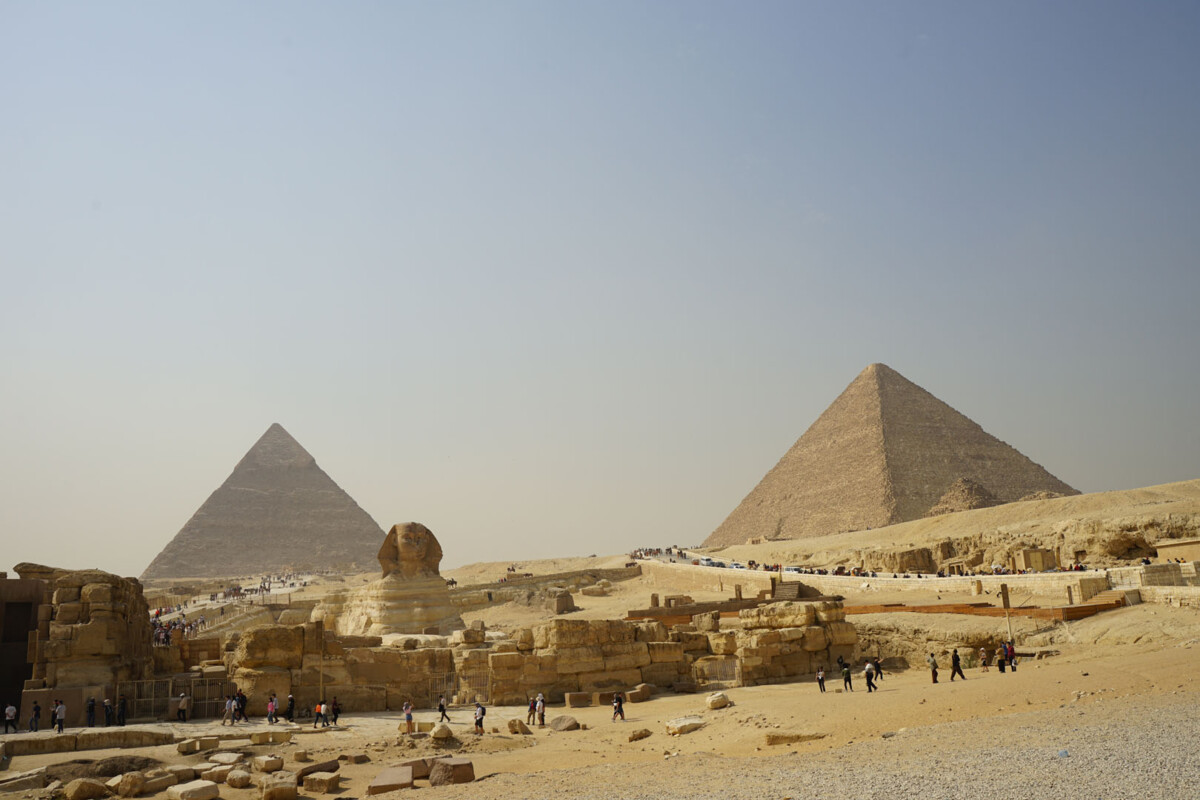
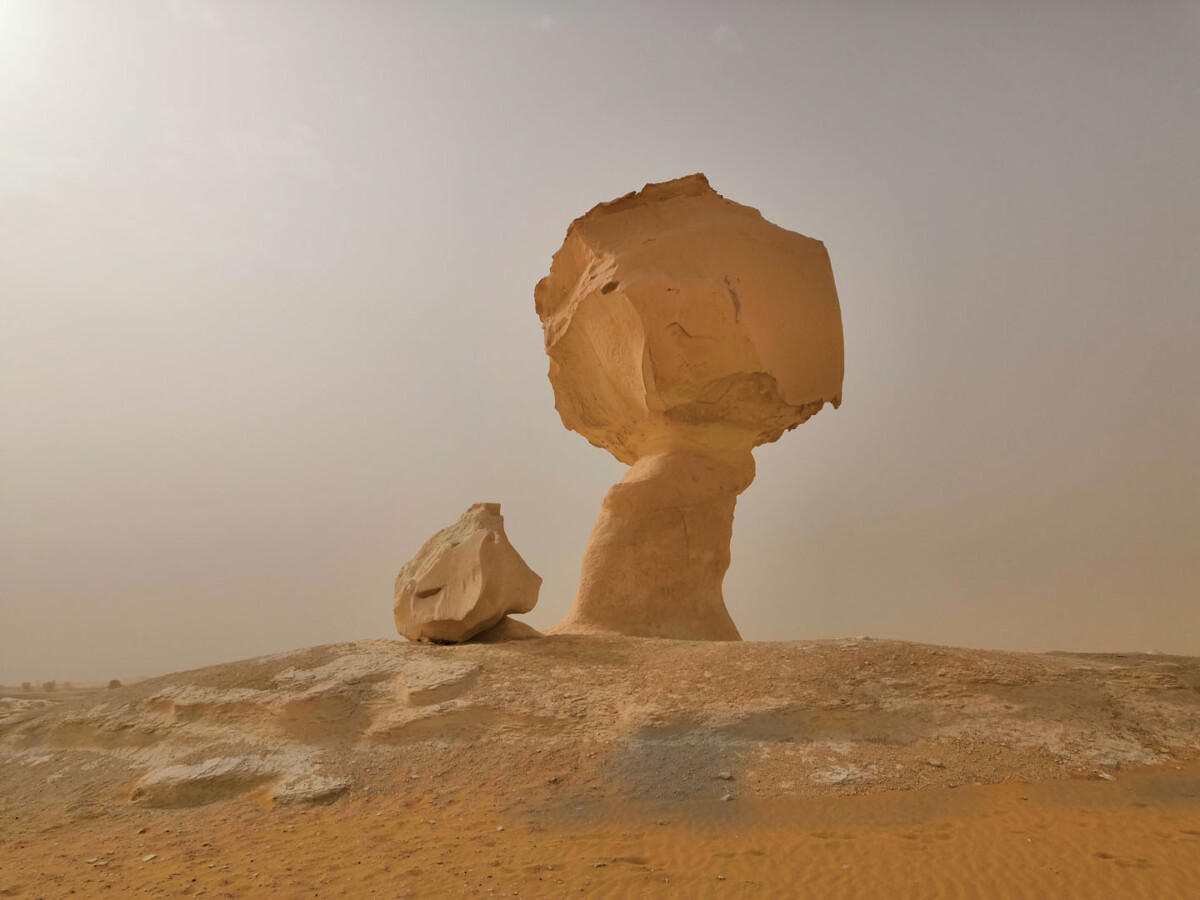
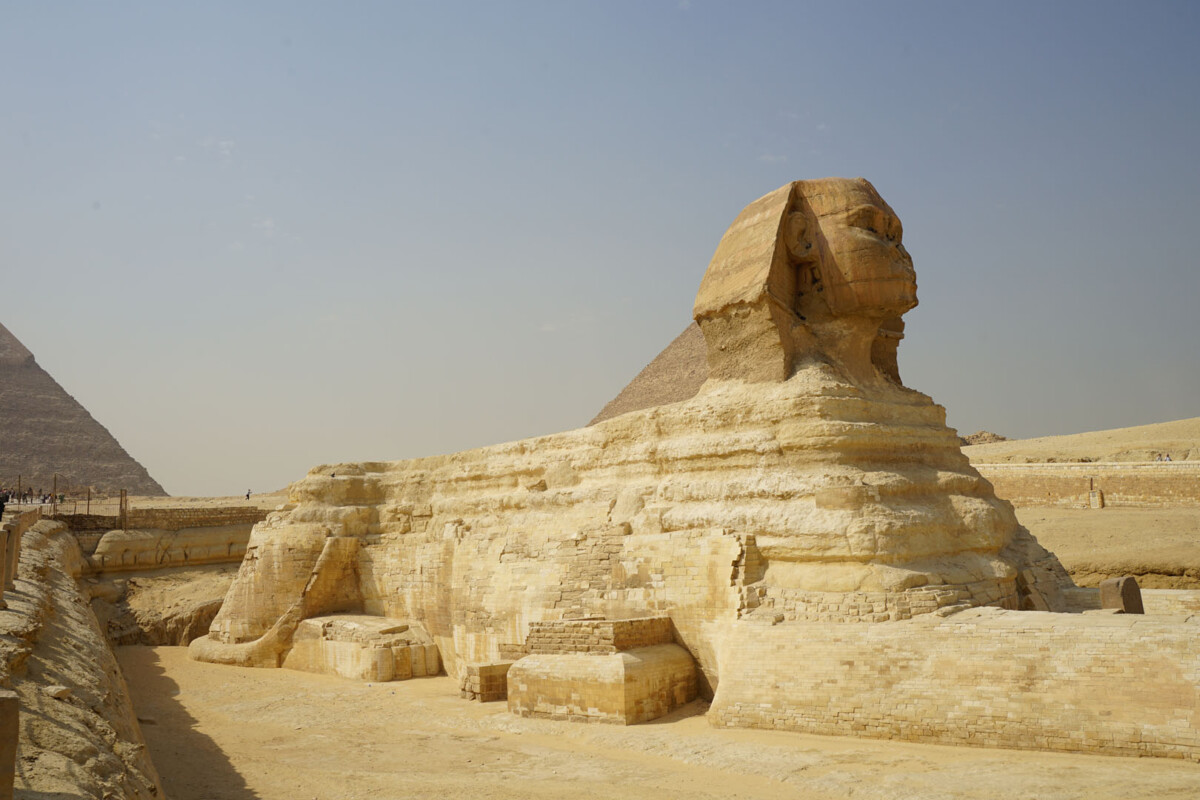
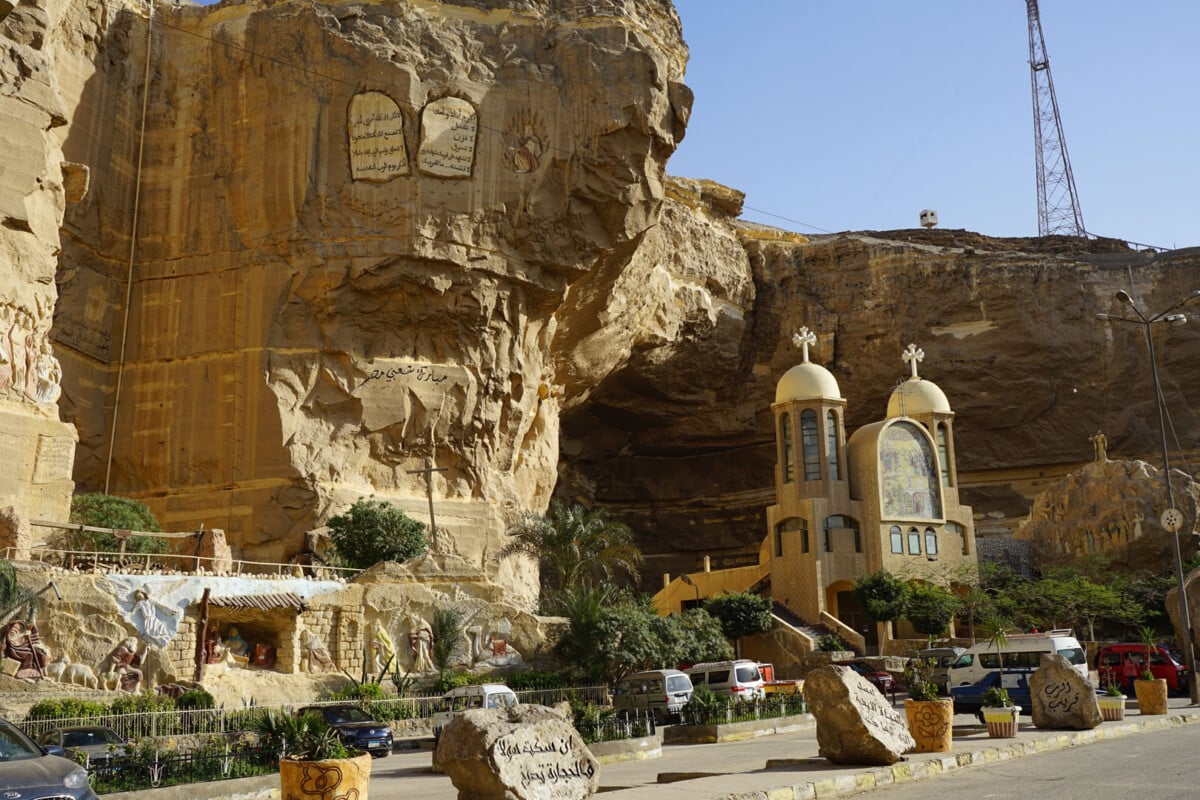
Cairo
As Egypt’s dynamic capital, Cairo is a city where ancient history meets modern life. The skyline blends towering skyscrapers with centuries-old mosques and palaces. In the heart of the city, you’ll find Tahrir Square and the Egyptian Museum, home to an extraordinary collection of ancient artifacts, including treasures from Tutankhamun’s tomb. The Islamic Cairo district offers a glimpse into the city’s past with its maze-like streets, bustling markets, and historic mosques. Meanwhile, a short journey across the Nile brings you to Giza, where the iconic Pyramids and the Sphinx stand as timeless symbols of Egypt’s grand past.
Luxor
Often called the world’s greatest open-air museum, Luxor sits on the banks of the Nile and is home to some of Egypt’s most impressive ancient wonders. On the East Bank, you’ll find the majestic Karnak Temple and the beautifully illuminated Luxor Temple. A short boat ride to the West Bank leads to the Valley of the Kings, where legendary pharaohs like Ramses II and Tutankhamun were laid to rest. With its blend of historical treasures and laid-back riverside ambiance, Luxor is an essential stop for any traveler in Egypt.
Aswan
Situated along the Nile in southern Egypt, Aswan is known for its relaxed atmosphere and stunning riverside scenery. Traditional felucca boats glide across the water, while colorful Nubian villages add vibrancy to the landscape. Key highlights include the beautiful Philae Temple, dedicated to the goddess Isis, and the impressive Aswan High Dam, a marvel of modern engineering. Aswan serves as a gateway to further exploration, including Abu Simbel, one of Egypt’s most breathtaking temple complexes.
Siwa Oasis
Tucked away in Egypt’s Western Desert near the Libyan border, Siwa Oasis is a hidden gem with a distinct culture and breathtaking landscapes. This remote destination is famous for its natural springs, salt lakes, and lush palm groves. The Temple of the Oracle, where Alexander the Great once sought guidance, stands as a testament to Siwa’s historical significance. Unlike other parts of Egypt, Siwa has a unique Berber heritage, offering travelers an opportunity to experience a different side of the country’s rich culture.
The White Desert
For a truly otherworldly experience, the White Desert is a must-visit. Located in Egypt’s Western Desert, this surreal landscape is dotted with wind-carved limestone formations that resemble giant mushrooms, animals, or abstract sculptures. The contrast of the white rock against the golden sand creates an eerie yet mesmerizing view, especially at sunrise and sunset. A night under the stars in the White Desert is an unforgettable experience, offering complete solitude and a glimpse into Egypt’s untamed wilderness.
A Legace of Power and Change
Egypt’s history is a story of great civilizations, conquests, and resilience. Home to one of the world’s oldest societies, Egypt thrived along the Nile, building monumental pyramids, temples, and an advanced agricultural system. For over 3,000 years, powerful pharaohs ruled the land, but foreign empires, including the Persians, Greeks, and Romans, later took control.
From Empires to Indepence
After the Arab conquest in the 7th century, Egypt became a key Islamic center, later ruled by the Ottomans, Mamluks, and briefly by Napoleon’s forces. In the 19th century, Britain took control, citing economic and strategic interests, particularly the Suez Canal. Nationalist movements led to Egypt’s independence in 1922, with full sovereignty achieved after the 1952 revolution, which ended the monarchy and established a republic under Gamal Abdel Nasser.
Modern Egypt
Egypt played a crucial role in Middle Eastern conflicts, signing a historic peace treaty with Israel in 1979. The Arab Spring protests in 2011 led to political shifts, but the country has since stabilized, focusing on economic growth and modernization. Today, Egypt remains a blend of ancient wonders and modern development, maintaining its position as a cultural and geopolitical powerhouse.
What do other customers think about CultureRoad Travel?
Blog posts about CultureRoad Travel
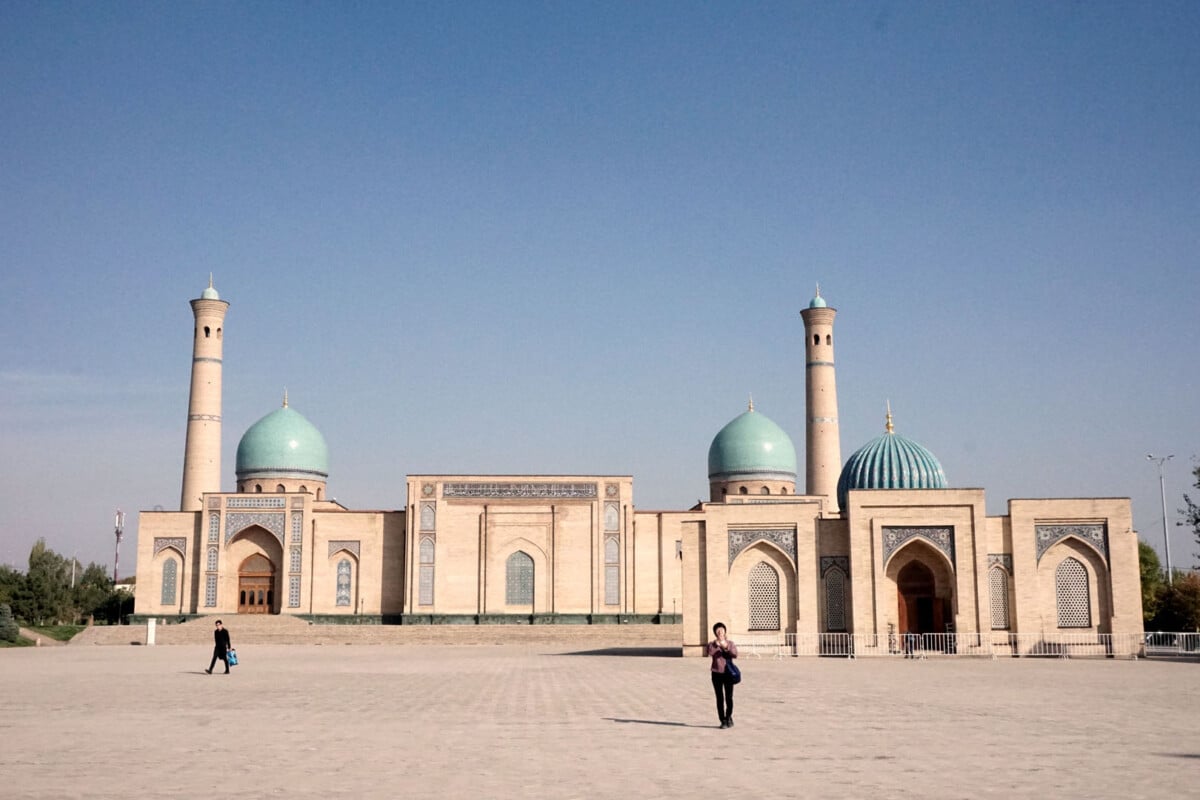
Uzbekistan: Samarkand, Bukhara, Khiva, and Tashkent
Explore the amazing country of Uzbekistan, full of history, culture, and beautiful architecture. From the ancient cities of Samarkand, Bukhara, and Khiva to the lively…

Update Syria Visa: July 2025
We provide all the important details about Syria’s visa rules. Since Assad’s fall, the government has started charging visa fees for foreigners. These fees only…

The Ultimate Travel Guide to Iran Written by a Local
welcome to my blog! I’m Parastoo, a local from Tehran, Iran. I grew up in Tehran, briefly lived in Shahrood, and later moved to the…

5 Must-Visit Beautiful Places in Saudi Arabia
Saudi Arabia is a diverse travel destination with a range of experiences for visitors. Whether you’re interested in history and culture or adventure and outdoor…

The Best Travel Destinations in 2025
If you are anything like us, your heart skips a beat at the thought of unexplored trails and hidden gems. Forget the tourist traps: 2025…